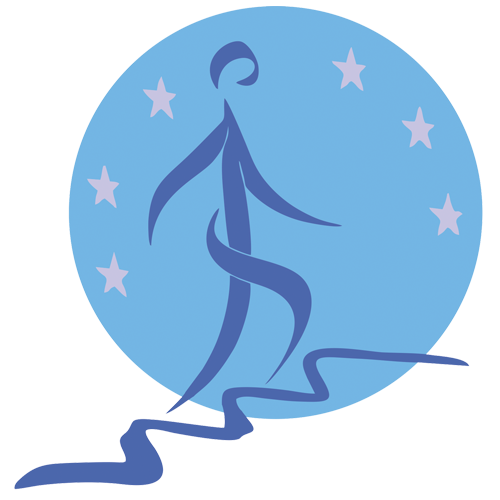The Iranian Parliament approved, on Wednesday September 20, a law discussed for several months which strengthens sanctions against women who do not wear the compulsory veil in public places, according to official media. The bill also provides financial sanctions for “promoting nudity” or “mocking the hijab” in the media and on social networks, as well as fines and bans on leaving the country for business owners whose employees do not wear a veil.
“The deputies approved the implementation of the bill on “hijab and chastity” for a trial period of three years,” indicated the official IRNA agency, while the government raised its tone, these recent months, against the growing number of women going out bareheaded, especially in big cities.
This toughens penalties for anyone prosecuted for violating the strict dress code imposed on women, one of the ideological pillars of the Islamic Republic.
The legislation defines new frameworks for how Iranians, especially women, need to conform to the country’s mandatory dress code that has been in place since shortly after the 1979 revolution.
For women, unacceptable covering has been defined as “revealing or tight clothing, or clothing that shows parts of the body lower than the neck or above the ankles or above the forearms”, according to the latest version of the legislation released in local media.
For men, it has been defined as “revealing clothing that shows parts of the body lower than the chest or above the ankles, or shoulders”.
To become law, the bill must be approved by the Council of Guardians of the Constitution, a powerful oversight body consisting of clerics and legal experts.Currently, appearing “in public without the Muslim veil” is punishable by “imprisonment of ten days to two months”.
This text is adopted four days after the first anniversary of the death of Mahsa Amini, a 22-year-old Iranian Kurd, who died on September 16, 2022 after her arrest by the moral police for allegedly violating the dress code. This death triggered a vast protest movement in the country.




